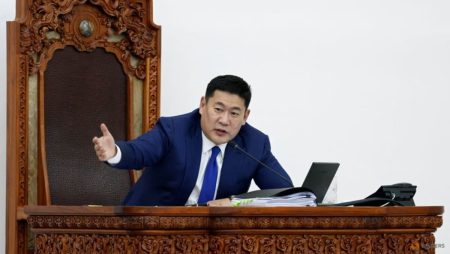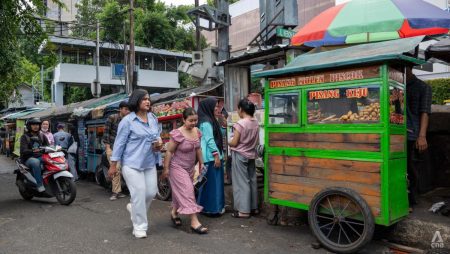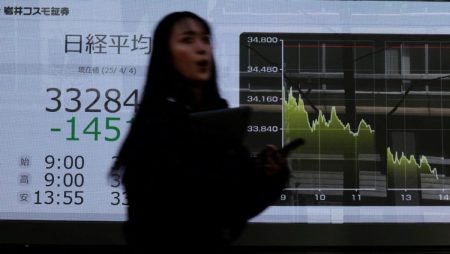The Johor-Singapore Special Economic Zone (JS-SEZ) represents a unique cross-border collaboration designed to leverage the strengths of both nations and attract global investment. Addressing concerns about over-reliance on Singaporean companies, the project’s architects emphasize the SEZ’s global appeal. Its strategic location, combined with the complementary advantages of Singapore and Johor, offers a compelling proposition for multinational corporations seeking a foothold in the burgeoning ASEAN market. While Singapore provides a sophisticated business environment, Johor offers competitive land costs and access to a broader Malaysian talent pool. This synergistic model aims to create a powerful magnet for global investment, thereby mitigating the risk of over-dependence on any single source. The resultant spillover benefits are expected to bolster both Singaporean and Malaysian businesses, further enriching the economic ecosystem.
The JS-SEZ’s ambition extends beyond bilateral cooperation, aspiring to rival established special economic zones in countries like China, the United States, and Germany. Although acknowledging the inherent challenges of a cross-border SEZ, proponents highlight its potential to serve as a catalyst for greater regional integration within ASEAN. The initiative’s success could pave the way for deeper economic partnerships across Southeast Asia, unlocking the potential of a market encompassing over 700 million people. By demonstrating the viability of cross-border economic cooperation, the JS-SEZ aims to inspire similar initiatives within ASEAN, ultimately fostering a more integrated and competitive regional economy. This collaborative approach acknowledges the need to pool resources and leverage individual strengths to maximize the collective economic potential of the region.
The vision for the JS-SEZ centers on achieving a level of integration that transcends mere geographical proximity. It aims to create a unified economic space where businesses can seamlessly operate across borders, benefiting from the unique advantages offered by each jurisdiction. This integrated approach requires careful planning and coordination, recognizing the distinct legal and regulatory frameworks of the two countries. The ultimate goal is to establish a regulatory environment that facilitates cross-border operations while preserving the sovereign interests of both nations. This delicate balancing act underscores the innovative nature of the JS-SEZ and its potential to reshape the regional economic landscape.
The realization of the JS-SEZ vision hinges on a multi-pronged approach encompassing strategic planning, joint promotion, and streamlined administrative processes. Following the signing of the agreement, the immediate next steps involve establishing a high-level bilateral committee tasked with developing a comprehensive blueprint. This blueprint will serve as the roadmap for the SEZ’s development, detailing specific projects, investment incentives, and regulatory frameworks. Simultaneously, both Malaysian and Singaporean agencies will embark on joint promotional efforts to attract global investors, showcasing the SEZ’s unique strengths and potential. Malaysia has already established the Iskandar Malaysia Facilitation Centre to expedite bureaucratic processes and streamline investment approvals, demonstrating its commitment to creating an investor-friendly environment.
The groundwork for the JS-SEZ’s success has been laid through the establishment of robust administrative and governing infrastructure. The agreement itself embodies the shared vision and principles underpinning the project, providing a solid foundation for future development. Malaysia’s proactive approach, exemplified by the Iskandar Malaysia Facilitation Centre, signifies its commitment to facilitating seamless investment processes. By 2025, more concrete details of the vision for each node within the SEZ are expected to emerge, providing investors with a clearer picture of the project’s trajectory. This phased approach ensures that development progresses in a structured and transparent manner, building confidence among potential investors.
The JS-SEZ is not merely a bilateral economic project; it represents a bold experiment in regional integration. Its success hinges on the ability of Singapore and Malaysia to overcome the inherent challenges of cross-border collaboration, creating a model that can be replicated elsewhere in ASEAN. By demonstrating the viability of this unique partnership, the JS-SEZ aims to inspire a new era of economic cooperation within Southeast Asia, unlocking the vast potential of a truly integrated regional market. The project’s long-term impact will be measured not only by its economic success but also by its contribution to fostering greater regional cooperation and stability.










